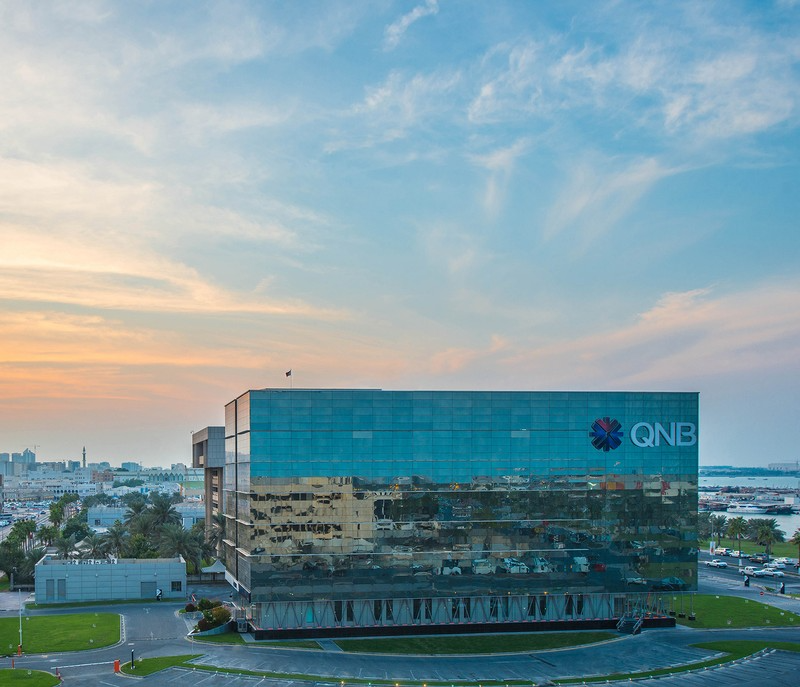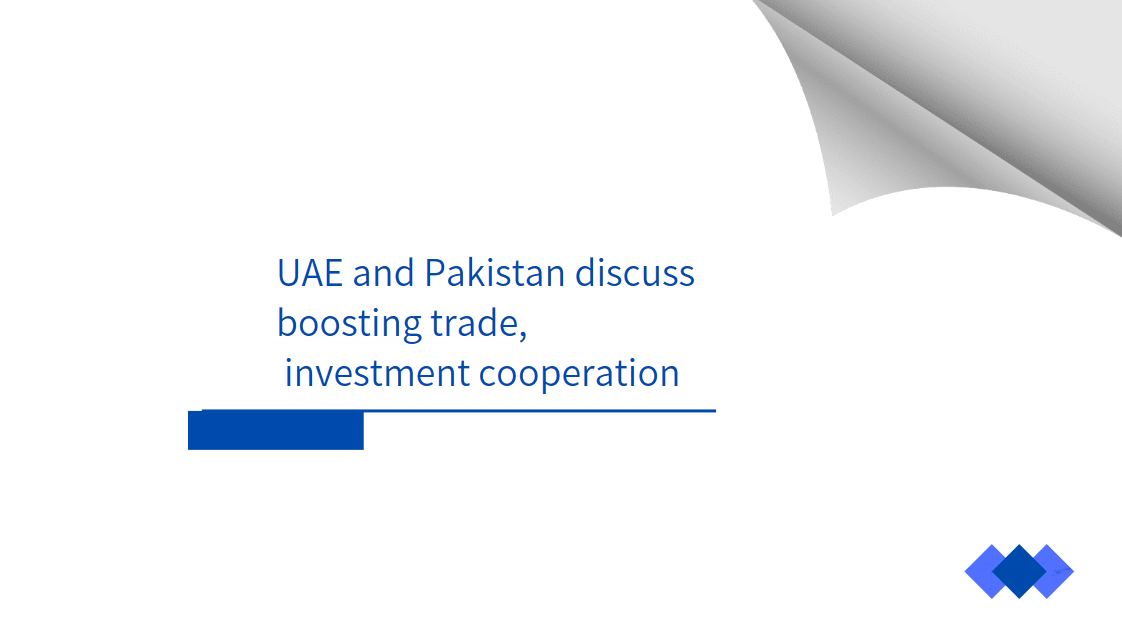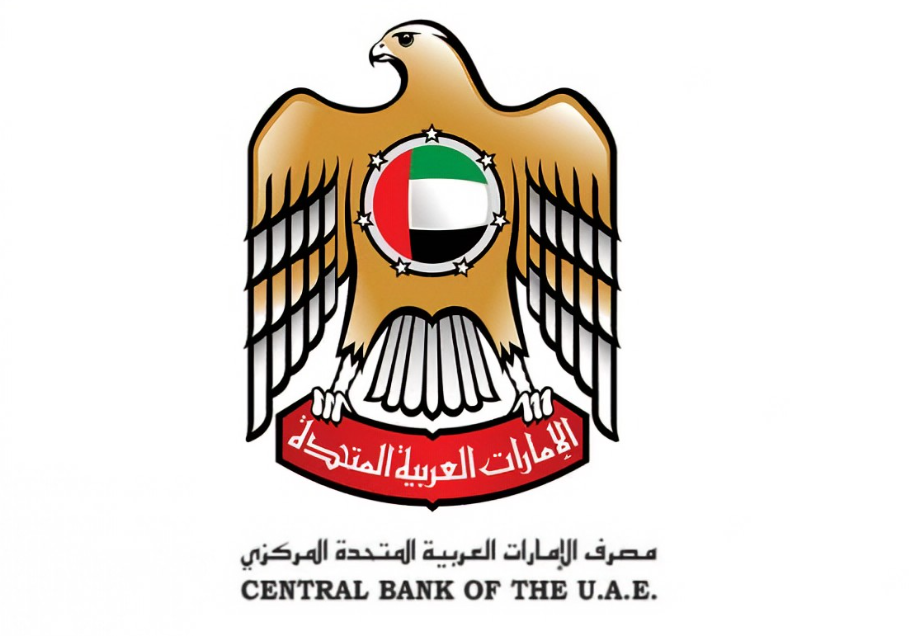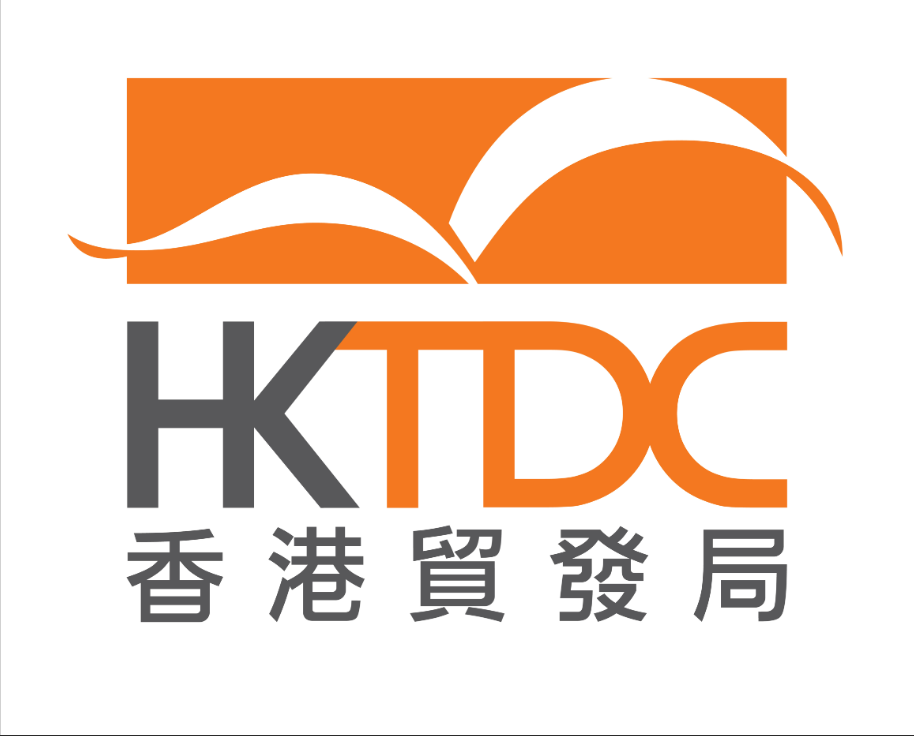Middle East Opportunities: Financial Services
As an international financial centre, Hong Kong has long been the gateway between mainland China and other parts of the world. Founded in 1964, Qatar National Bank (QNB), Qatar’s largest bank and one of the most outstanding financial institutions in the Middle East and Africa (MEA), recognises the importance of further collaboration between Hong Kong and the Middle East to fulfil the bank’s vision in becoming an influential multinational financial institution. In an interview with HKTDC Research, Yalin Alakoc, Head of Global Trade Services of QNB, shared his views on Hong Kong’s importance to his company’s business expansion and the prospect of Hong Kong‑Middle East collaboration.
Hong Kong’s significance in QNB’s business strategy
Alakoc emphasised the significance of Hong Kong to QNB’s business, saying: “It is tough to become a truly regional bank if you are not in Hong Kong. In terms of our strategic goals to become the largest bank across the Middle East and Asia we need to have significant business in Hong Kong.” That’s why QNB established its Hong Kong branch in 2021, the only overseas branch of a Qatari bank in the city.
Partnerships with Fintech companies is one of the bank’s key pillars in moving forward. Alakoc said that blockchain is one of the technologies that is gaining traction in banking. He saw blockchain as a technology that increases trust, security, transparency, and the traceability of data shared across a business network.

Qatar National Bank.
QNB considers blockchain to be beneficial to its expansion. However, Alakoc pointed out that there have been challenges in moving towards the comprehensive use of blockchain, saying: “There is disparity in regulations among countries. Having all the members within a trade flow to be on the same blockchain platform is challenging for Fintech companies or banks, that wish to use this technology the blockchain platforms.”
With plenty of international banks already established in Hong Kong, Alakoc recognised the significance of Hong Kong as an international fintech hub. He said: “Many of the foreign banks based in Hong Kong are substantial global banks. The city has a huge investment in fintech. Hong Kong’s lead in fintech could certainly help QNB in the long run.”
As an international financial hub, Hong Kong has been fervently driving innovation and developing fintech. The HKSAR Government has provided strong incentives and support for the thriving fintech innovation eco‑system. As a result, there are investment and collaboration opportunities in this sector.
QNB also benefits from Hong Kong’s position as international logistics and supply chain management hub. Many trade and supply chain management companies provide offshore trade services. Alakoc said: “We have seen many cases in other parts of the world where counterfeit documents and phantom shipments resulted in unwanted situations. That reminds us of the need to be prudent about whom we should work with. Knowing your customers (KYC) and completing full due diligence are always very important. Hong Kong has been a coordinator in trading for decades, and the reputation of offshore trade practitioners in Hong Kong gives us the opportunity in providing trade finance business.”
Asia is likely to have a strong need for infrastructure in the following decades, as suggested by Asia Development Bank and other institutions. There are also a good number of corporations currently investing in different infrastructure projects, and QNB regards Hong Kong as the ideal locale to identify Asian companies that require financing or are looking for investment opportunities.
Middle East regions, including Qatar and Saudi Arabia, have continuously invested in infrastructure to promote economic development. For example, Qatar’s recent North Field Expansion Project to expand liquified natural gas production and distribution capacity has attracted several sizable companies from China and other parts of Asia.
Alakoc said: “Contracting, construction, IT infrastructure, and telecom companies who plan to explore new business opportunities in the Middle East region, are QNB’s potential customers. Our presence in Hong Kong facilitates our connection and understanding of these Asian companies” The bank sees Hong Kong as a measure of soliciting business related to Trade Finance and Project Finance in the Middle East.
Hong Kong’s position as an international financial centre is essential in QNB’s strategy. Given the vigorous competition between banks in Hong Kong, the bank considered their options carefully before in setting up a branch. Alakoc said: “. The tremendous opportunities in Hong Kong demonstrate that opening a branch office would be beneficial. The linkage between Hong Kong and global multinational companies, particularly companies from China, has been an edge for the city compared to other commercial towns nearby.”
Regional economic initiatives provide new impetus for growth
In addition to Hong Kong’s own advantages, regional economic initiatives in this part of the world have attracted QNB’s attention. Alakoc believed that with the tariff concessions, other trade facilitation measures, and improvement in trade in services and investment access, The Regional Comprehensive Economic Partnership (RCEP) is vital to the development of China and Asia. In addition, The Greater Bay Area (GBA) has been a key for China’s southeast economic and technological development. He said: “We are expecting flourishing investments from various corporations’ flow into the GBA and RCEP regions. As the most extensive bank in Qatar, we would like to serve these flows. We intend to support these flows for our customers who are enthusiastic towards establishing connections with GBA and RCEP regions.”
Middles East opportunities for Hong Kong and Mainland China businesses
Regarding the Middle East market, Alakoc highlighted its steady growth, despite the global economy’s uncertainties. Governments’ heavy investments in digitalisation and infrastructure, as well as continued economic diversification, are improving appeal to international investors.
Alakoc believed Qatar has its attractions to foreign firms, saying: “The Qatar government has put enormous effort into providing incentives for companies to operate in Qatar and use it as a regional base. The improvement in infrastructure for living as a resident and doing business in Qatar has made a great difference.”
Talking about how QNB could help businesses in Hong Kong and the Asia Pacific region explore Middle East opportunities, Alakoc said: “QNB is not only operating in Qatar, but also has notable presence in Saudi Arabia, Kuwait, Oman and many other countries in the Middle East region. We have a good understanding of the business environment and culture. We could support business partners from Hong Kong and China who would like to expand in the Middle East and Africa and connect them with local business partners. While we are now focusing on large companies in Hong Kong, more is expected in future.” The bank has been successfully assisting project financing and trade financing for larger companies targeting the Middle East and Africa region.
Alakoc reiterated the importance of understanding each country separately before making business decisions, saying: “Discrepancies in political conditions and policy significantly affect business forms in MEA.”
In the long run, Alakoc expected more potential project finance business coming from Chinese companies, where the significance of Hong Kong as a springboard to the GBA and mainland China at large is undoubted. He said: “Numerous opportunities could be explored now with our office in Hong Kong, as we are seeing many local and mainland Chinese companies interested in expanding their business in the Middle East region.”






















































First, please LoginComment After ~